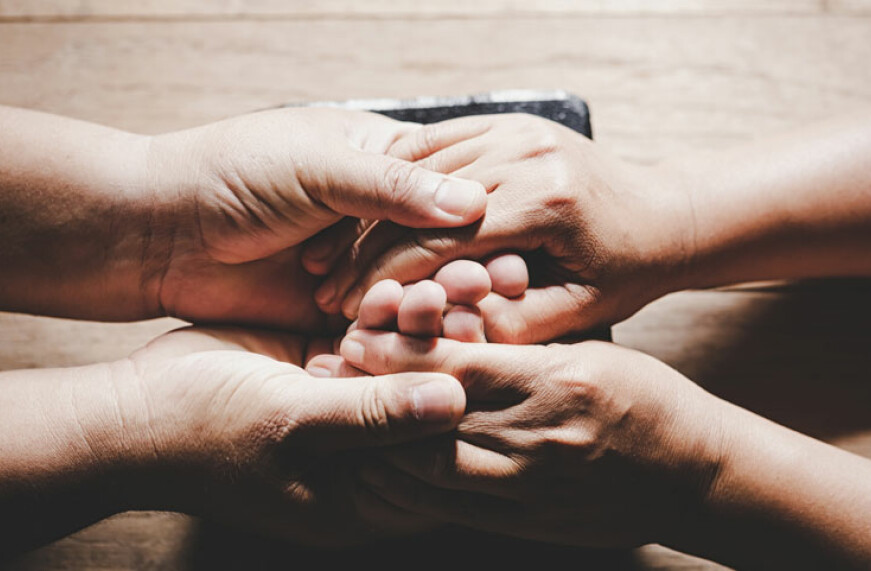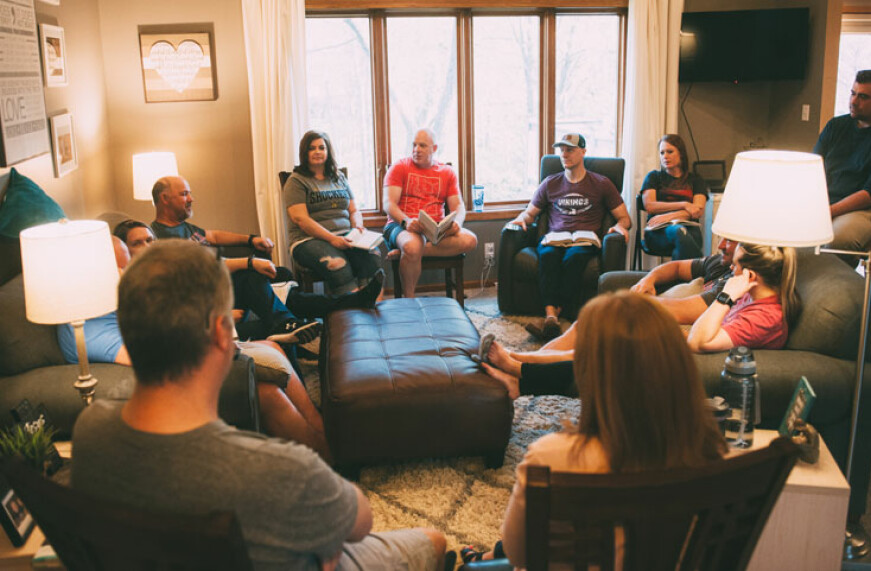Mistrusting Grace

Have you ever mistrusted grace? Sounds weird doesn't it, mistrusting grace. After all, we depend on grace. We are counting on grace to rescue us from our sins and failures. When we get to heaven's gate, grace is our ticket! But practically, grace is risky. Just ask Javert. The law is much safer. It is more solid. There are less twists and turns and more straight lines. Law is known. It can be counted on. But grace?
Author Gretchen Ronnevik reflects this uncertainty with respect to parenting with the following words, "If I give [my children] too much grace, it will ruin them. I would have never said it, but I felt it. I did not want to be a doormat. I did not want spoiled children. I wanted them prepared for the world. And in all that preparation, I had turned parenting into a pseudo-faith of putting my faith in God’s law in heavy doses, while doling out the gospel in teaspoons (with a little dash of shame for even needing it)." Unfortunately that has a little too much resonance. And it is not only parenting. It is friendships, work relationships, neighbors -- follow the law, keep the peace, don't step out of line; I am not sure that we can trust this thing called grace.
But this mistrust of grace has more to say about me than it does about grace or more particularly the God of grace. If I am honest my own tendency is not to need grace. To be better than others, to do enough to merit favor, to be put together; these are all much safer places to be than to be broken or messy. We want this kind of control for ourselves, we want it for our kids. I guess it is natural to want to protect our kids from experiencing or succumbing to brokenness and needing grace. But if it is natural is it of the Spirit? Do we really trust grace?
What would trusting grace look like? Ronnevik ends her article with some things she found herself saying to her kids as she was learning to lean on grace. Maybe some of these will gain a new kind of resonance with our hearts, not only with kids and grandkids, but with friends, spouses, co-workers, and neighbors.
“You don’t sound like yourself. It’s not like you to lash out. We’re going to call a thing what it is and sort the truth from lies. Because feelings are sometimes so big, it’s hard to tell the difference. Let’s talk it out”
“You sound stressed, and what you said hurt my feelings. That’s not ok. So here’s what we’re going to do. Sit and eat some food, take a timeout, relax, and then come back and let’s talk about it again once you’ve had a chance to catch your breath.”
“You’re shying away from telling the truth, and that’s a mistake. Because you’re afraid I won’t love you if I knew the truth, and I’m here to stubbornly show you that there is no truth that could stop me from loving you. Sometimes it takes courage to walk in truth. But it’s so good when you do—because that’s when relationships get deep and mean something. And I want that kind of relationship with you.”
God is inviting us to this kind of relationship. He is here to stubbornly show us that there is no truth that could ever stop him from loving us if we come to him broken and contrite (Ps. 147:3). After all he pursued us while we were still sinners (Rom. 5:8). He is here to show us not only that his grace is sufficient (2 Cor 12:9), but that we can trust that grace!


